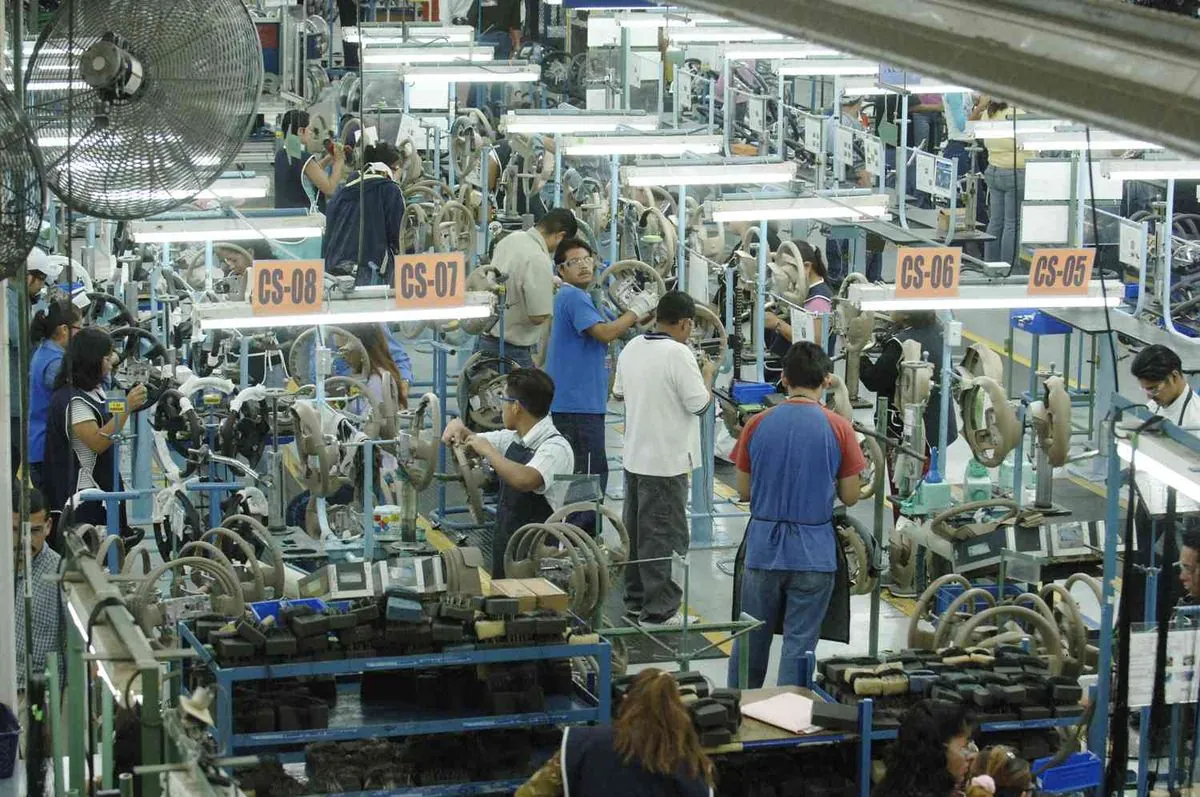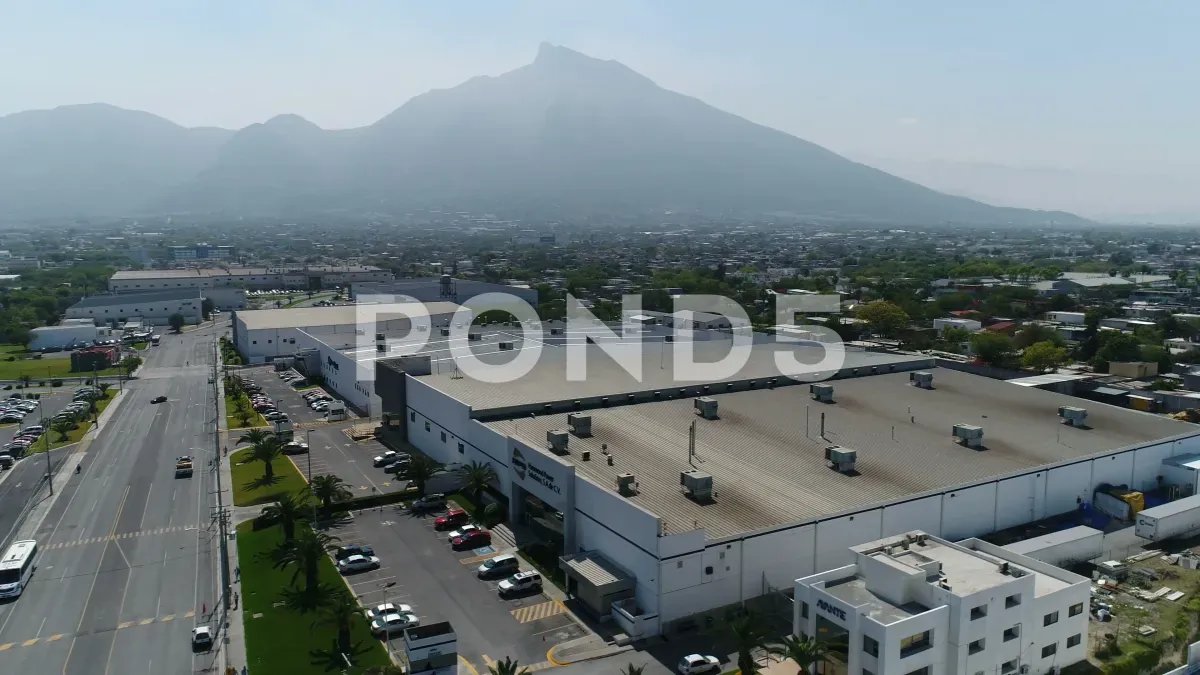Mexico's Nearshoring Boom: Opportunities and Challenges Amid Political Transitions
Mexico's manufacturing sector sees significant growth due to nearshoring, but faces uncertainties with upcoming political transitions. The country grapples with infrastructure challenges as it aims to capitalize on increased foreign investment.

Mexico's manufacturing sector has experienced a significant boost, with foreign direct investment increasing by 29% in 2023. This growth is largely attributed to nearshoring, as companies seek to relocate production closer to the United States market. The trend has positioned Mexico as a key player in the global supply chain, overtaking China as the top exporter to the US in 2024.
The Mexican Association of Industrial Parks projects a substantial 180% increase in demand for industrial space by the end of 2024. This surge in interest is exemplified by major investments, including an Italian-Argentine firm's plans for a sustainable steel plant and a US company's acquisition of a Mexican industrial and logistics firm.
However, the future of nearshoring in Mexico faces uncertainties due to impending political transitions. On October 1, 2024, Claudia Sheinbaum will succeed Andrés Manuel López Obrador as president. Sheinbaum has pledged to prioritize nearshoring in her economic strategy, proposing the development of 10 industrial corridors across the country.

The success of these initiatives will depend on addressing key challenges. Rachel Ziemba, an expert at the Center for New American Security, notes that "Water and power availability are the biggest limitations that I hear [about] from businesses considering Mexico." Infrastructure improvements and a stable business environment are crucial for sustaining the nearshoring momentum.
The upcoming US presidential election in November 2024 adds another layer of complexity. While the Democratic nominee is not expected to drastically alter current trade policies, Donald Trump has proposed significant tariffs on foreign goods, potentially impacting Mexican exports.
"I would slap a 10 percent tariff on all foreign goods and potentially a 200 percent tariff for cars made by Chinese firms in Mexico."
Mexico's experience with manufacturing investment dates back to the implementation of the North American Free Trade Agreement (NAFTA) in 1994. Despite an initial boom, the country's economic growth has since underperformed compared to other developing nations. The current nearshoring trend presents an opportunity for Mexico to learn from past experiences and foster sustainable economic development.
In other Latin American news, Venezuela's recent election on July 28, 2024, has been criticized by international observers for lacking transparency. Meanwhile, in Guyana, Indigenous communities are successfully protecting the endangered red siskin bird, demonstrating the importance of local involvement in conservation efforts.
Lastly, Argentina faces a political scandal as former President Alberto Fernández is under investigation for alleged gender-based violence against his ex-partner, Fabiola Yáñez. The case has sparked discussions about hypocrisy and violence against women across political lines in the country.
As Latin America navigates these complex political and economic landscapes, the region's ability to adapt to changing global dynamics will be crucial for its future prosperity and stability.


































